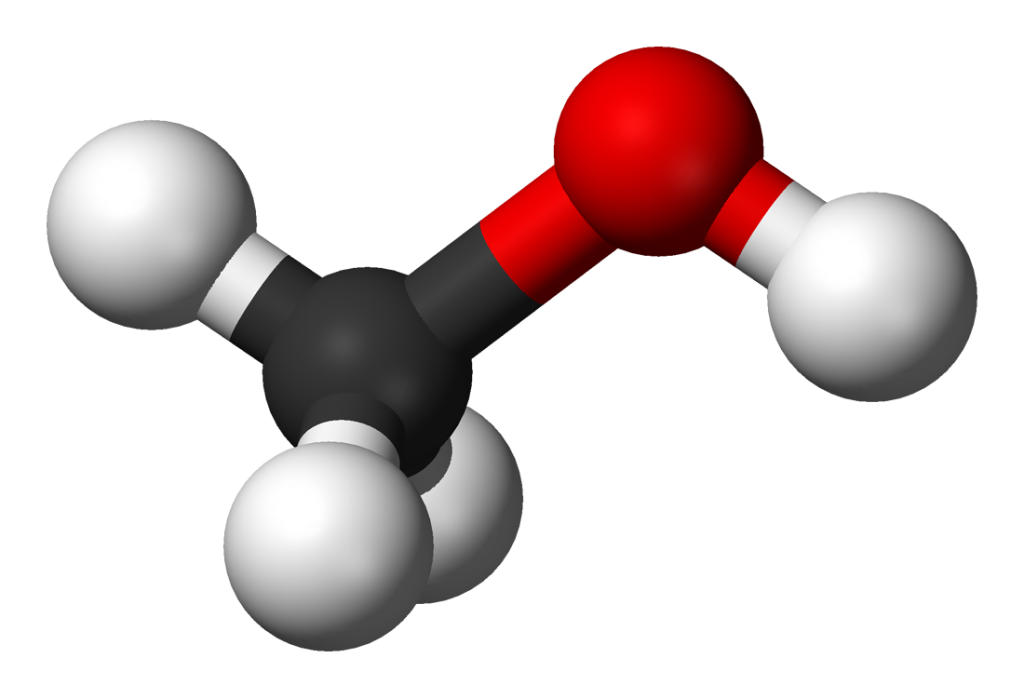What is methanol?
Methanol is a liquid petrochemical that is predominantly produced from natural gas and is utilized in a variety of industrial and energy related applications.
The primary use of methanol is to make other chemicals, with approximately 55% of global methanol demand being used to produce formaldehyde, acetic acid and a variety of other chemicals that form the foundation of a large number of chemical derivatives. These derivatives are used to produce a wide range of products, including adhesives for the lumber industry, plywood, particle board and laminates, resins to treat paper and plastic products, and also paint and varnish removers, solvents for the textile industry and polyester fibers for clothing and carpeting.
Energy related applications consume approximately 32% of methanol. In recent years, there has been a strong demand for methanol in energy applications such as gasoline blending, biodiesel and as a feedstock in the production of dimethyl ether (DME) and methyl tertiary-butyl ether (MTBE), particularly in China. In different parts of the world, methanol is used as a direct fuel for automobile engines, a fuel blended with gasoline, and an octane booster in reformulated gasoline.
The remaining 13% of methanol demand is dedicated to Olefin production. The Methanol to Olefins (MTO) process was discovered in 1977. In the MTO process, the methanol is converted to olefins such as Ethylene and Propylene. The olefins can be converted to produce polyolefins which are used to make many plastic materials. It is predicted that by the year 2020, Methanol to Propylene (MTP) technologies will supply 20 Per cent of the world’s propylene.
The primary use of methanol is to make other chemicals, with approximately 55% of global methanol demand being used to produce formaldehyde, acetic acid and a variety of other chemicals that form the foundation of a large number of chemical derivatives. These derivatives are used to produce a wide range of products, including adhesives for the lumber industry, plywood, particle board and laminates, resins to treat paper and plastic products, and also paint and varnish removers, solvents for the textile industry and polyester fibers for clothing and carpeting.
Energy related applications consume approximately 32% of methanol. In recent years, there has been a strong demand for methanol in energy applications such as gasoline blending, biodiesel and as a feedstock in the production of dimethyl ether (DME) and methyl tertiary-butyl ether (MTBE), particularly in China. In different parts of the world, methanol is used as a direct fuel for automobile engines, a fuel blended with gasoline, and an octane booster in reformulated gasoline.
The remaining 13% of methanol demand is dedicated to Olefin production. The Methanol to Olefins (MTO) process was discovered in 1977. In the MTO process, the methanol is converted to olefins such as Ethylene and Propylene. The olefins can be converted to produce polyolefins which are used to make many plastic materials. It is predicted that by the year 2020, Methanol to Propylene (MTP) technologies will supply 20 Per cent of the world’s propylene.
